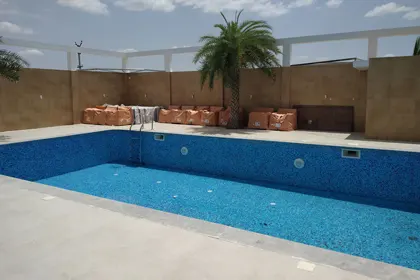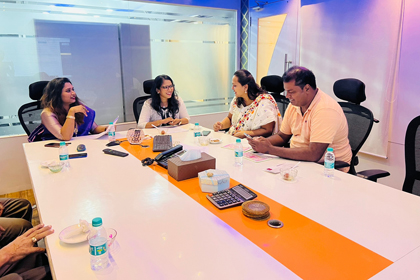At PrimeStone Constructions, we offer comprehensive TDR consulting services that cater to both developers and property owners. Here’s why our clients trust us with their TDR approval and management:
Maximizing Your Development Potential
TDR allows developers to increase building density and capitalize on land value. Our consultants work closely with you to identify opportunities for maximizing your project’s development potential using TDR, without breaching local zoning laws.
Expertise in Complex TDR Scenarios
From TDR for residential projects to commercial and industrial developments, we have handled a wide range of TDR scenarios. No matter how complex your project is, we can devise a TDR strategy that aligns with your goals and regulatory requirements.
Strong Connections with Local Authorities
Over the years, we’ve built strong relationships with local government bodies in Hyderabad, ensuring that your TDR applications move smoothly through the approval pipeline. Our team stays updated with the latest developments in TDR rules and can navigate the process effectively.








